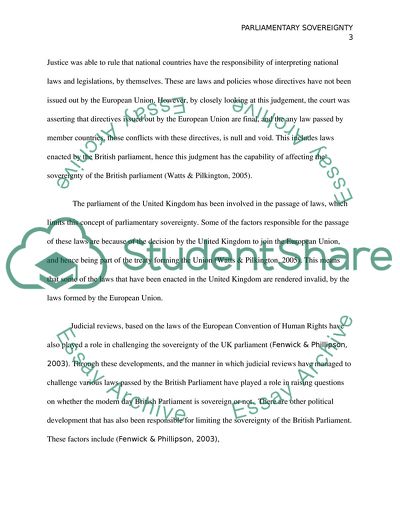Cite this document
(“Critically evaluate to what extent this statement is true giving Essay”, n.d.)
Critically evaluate to what extent this statement is true giving Essay. Retrieved from https://studentshare.org/law/1694877-critically-evaluate-to-what-extent-this-statement-is-true-giving-consideration-to-judicial-power-as-well-as-the-effect-of-european-union-eu-law-and-the-law-of-the-european-convention-on-human-rights-echr
Critically evaluate to what extent this statement is true giving Essay. Retrieved from https://studentshare.org/law/1694877-critically-evaluate-to-what-extent-this-statement-is-true-giving-consideration-to-judicial-power-as-well-as-the-effect-of-european-union-eu-law-and-the-law-of-the-european-convention-on-human-rights-echr
(Critically Evaluate to What Extent This Statement Is True Giving Essay)
Critically Evaluate to What Extent This Statement Is True Giving Essay. https://studentshare.org/law/1694877-critically-evaluate-to-what-extent-this-statement-is-true-giving-consideration-to-judicial-power-as-well-as-the-effect-of-european-union-eu-law-and-the-law-of-the-european-convention-on-human-rights-echr.
Critically Evaluate to What Extent This Statement Is True Giving Essay. https://studentshare.org/law/1694877-critically-evaluate-to-what-extent-this-statement-is-true-giving-consideration-to-judicial-power-as-well-as-the-effect-of-european-union-eu-law-and-the-law-of-the-european-convention-on-human-rights-echr.
“Critically Evaluate to What Extent This Statement Is True Giving Essay”, n.d. https://studentshare.org/law/1694877-critically-evaluate-to-what-extent-this-statement-is-true-giving-consideration-to-judicial-power-as-well-as-the-effect-of-european-union-eu-law-and-the-law-of-the-european-convention-on-human-rights-echr.


